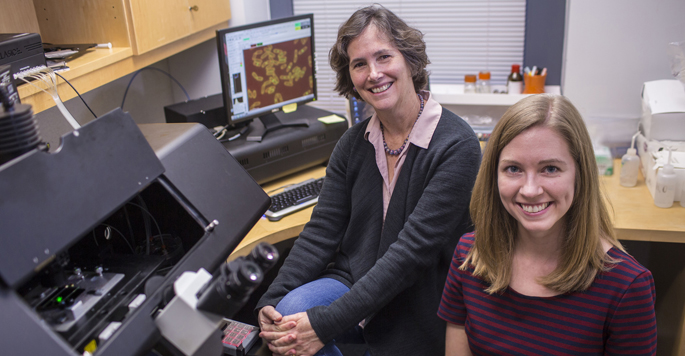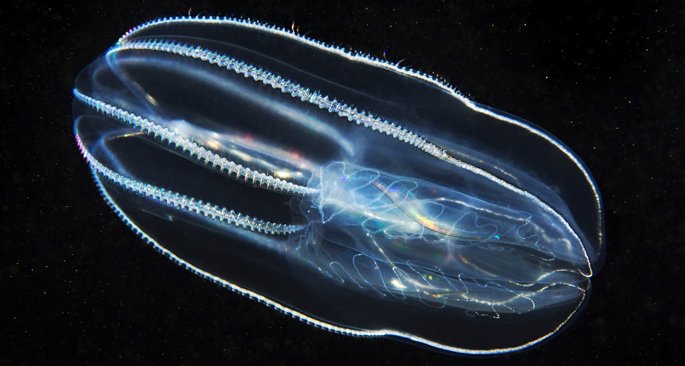ELIFE
-

Microscopic spines connect worm neurons
Worm neurons have microscopic “spines” — where nerve-to-nerve communication happens — that share features with mammalian neurons, supporting the use of worms to study spine genetics and biology. Read MoreOct 17, 2019
-

Advanced imaging tools reveal architecture of cell division machinery
Using super-resolution microscopy tools in the Nikon Center of Excellence, Vanderbilt investigators have determined the molecular architecture of the contractile ring machinery that functions during cell division — a process that is essential for life. Read MoreNov 9, 2017
-

Ancient sea creature unlocks a mystery of how tissue developed
The dawn of the Animal Kingdom began with a collagen scaffold that enabled the organization of cells into tissues. Read MoreApr 20, 2017
-

Surprising finding by VU team sheds light on fibrotic disease
Integrins are membrane proteins made up of combinations of different “alpha” and “beta” subunits that enable cells throughout the body to interact with their surroundings. Read MoreJan 19, 2017
-

Refining neural circuitry
During development, neural circuits are remodeled – some synapses are eliminated and others are strengthened – to produce a mature, functional nervous system. Read MoreAug 2, 2016
-

COX-2 blocker could help PTSD
COX-2 inhibitors – used clinically to reduce inflammation and pain – may find new applications for treating PTSD and other stress-related psychiatric disorders like major depression. Read MoreMay 12, 2016
-

Study explores less invasive way to monitor colorectal cancer
Investigators at Vanderbilt University Medical Center have published research regarding an important feature of colorectal cancer (CRC) that could eventually lead to the development of non-invasive means of monitoring cancer progression. After lung cancer, CRC is the second-most lethal cancer in the United States. Read MoreFeb 18, 2016
-

How ABC transporters move molecules
New views of how transporters move molecules across cell membranes are key to understanding how these proteins impact tumor cell drug resistance and inherited diseases such as cystic fibrosis. Read MoreJun 13, 2014